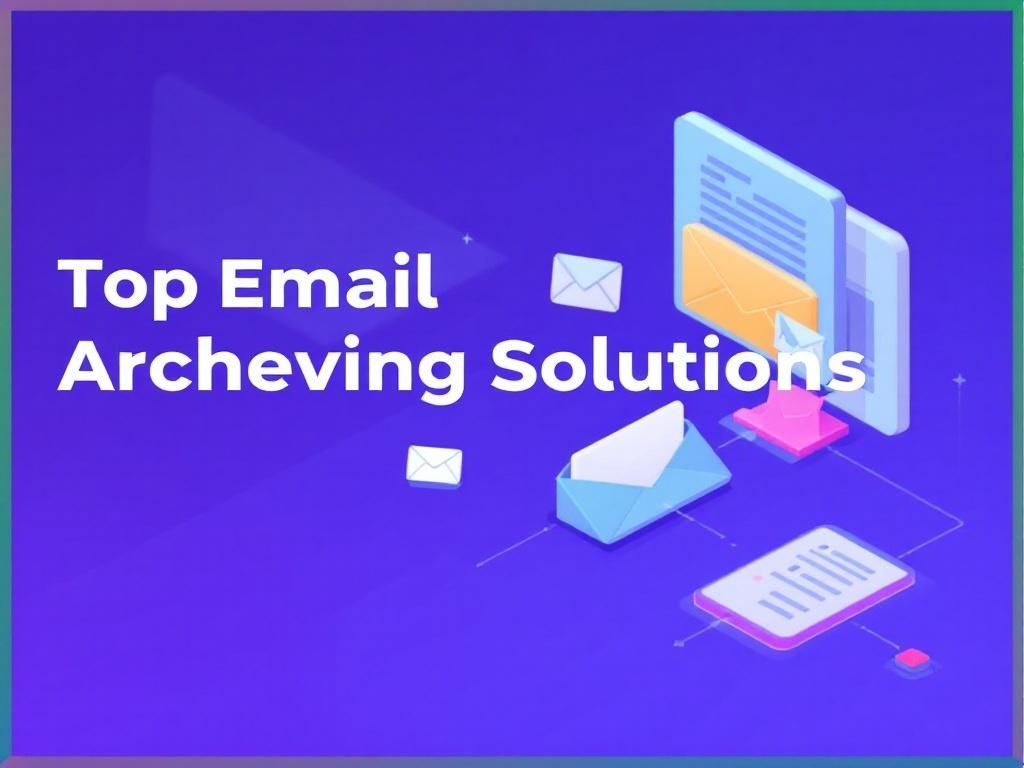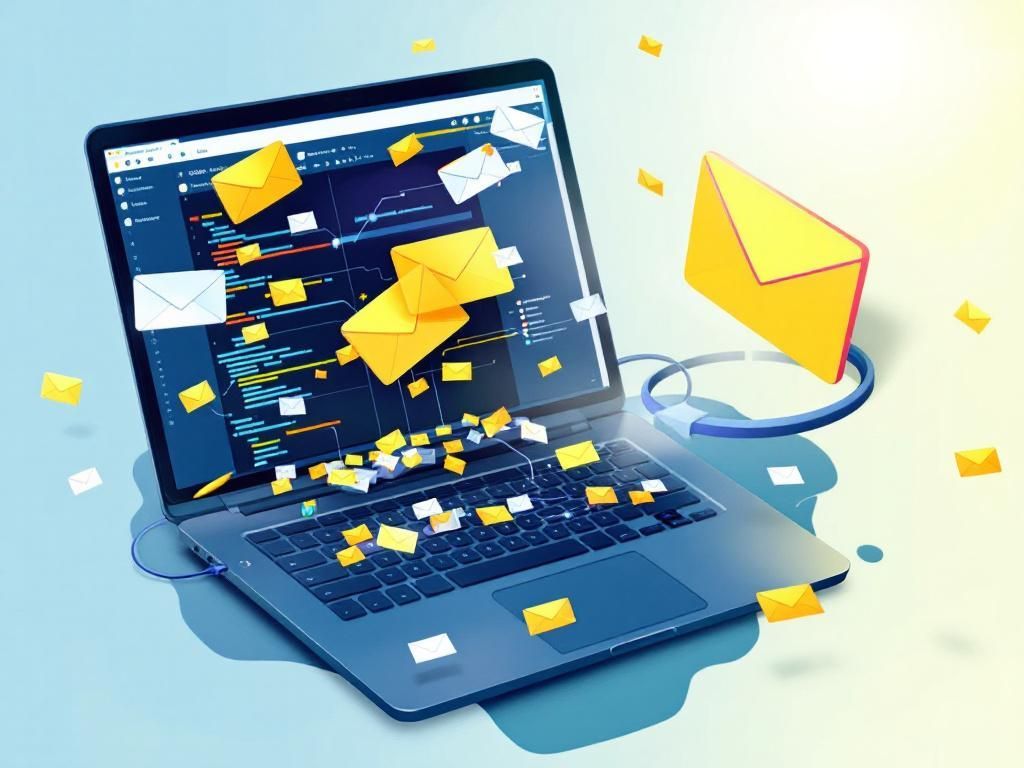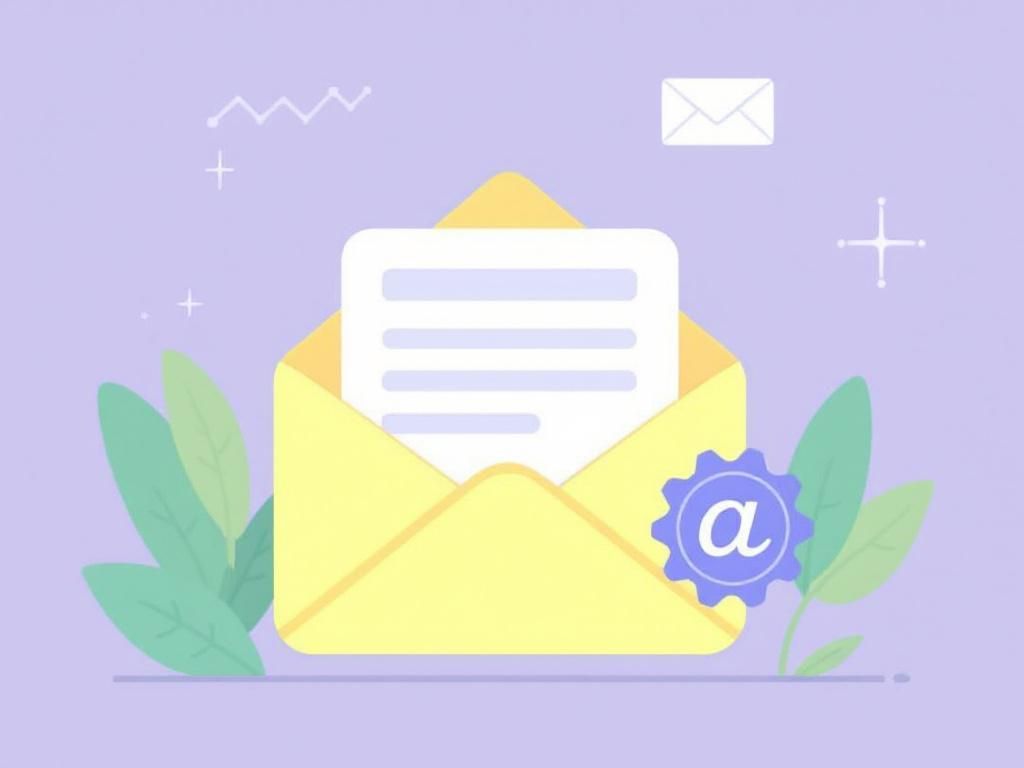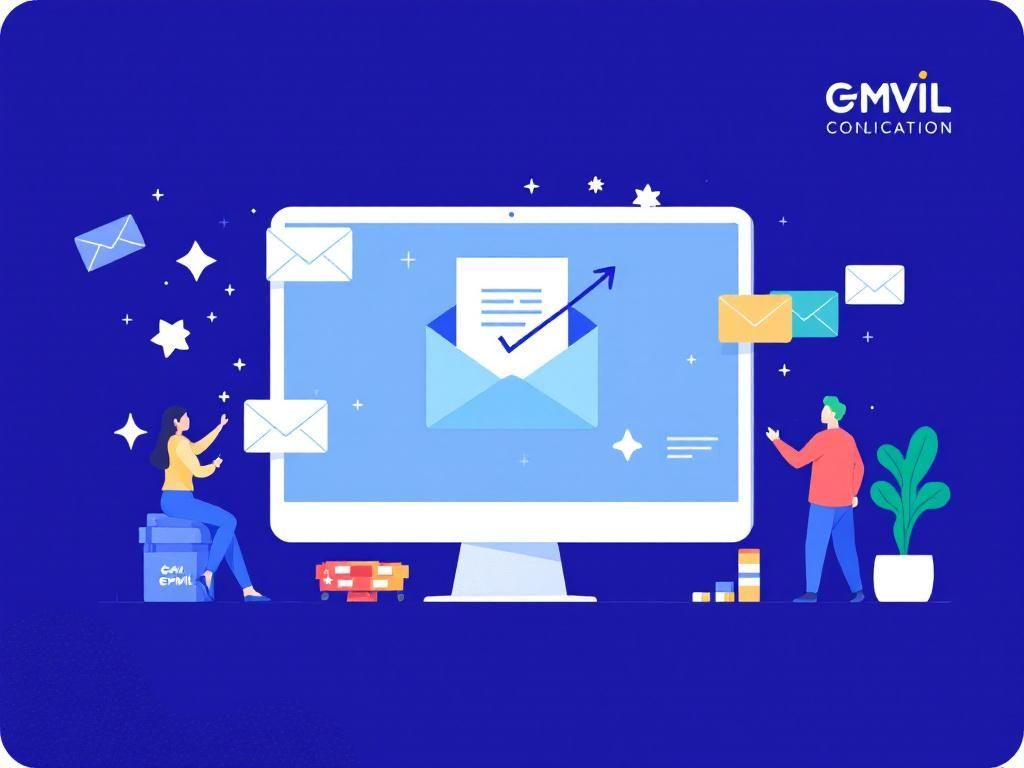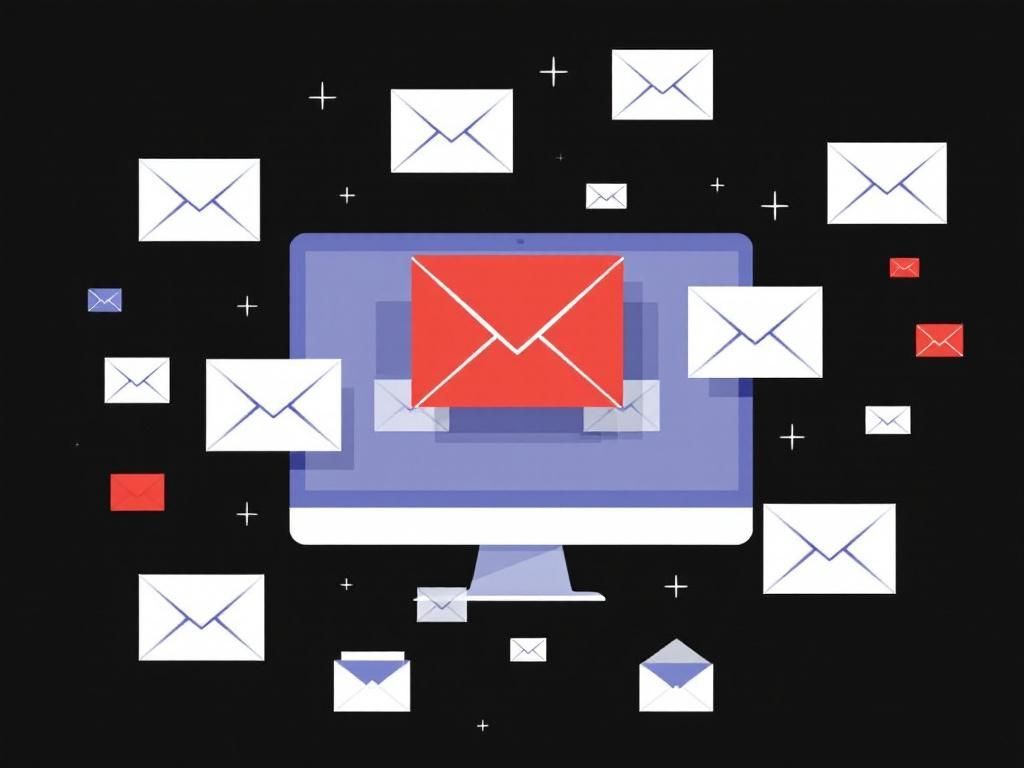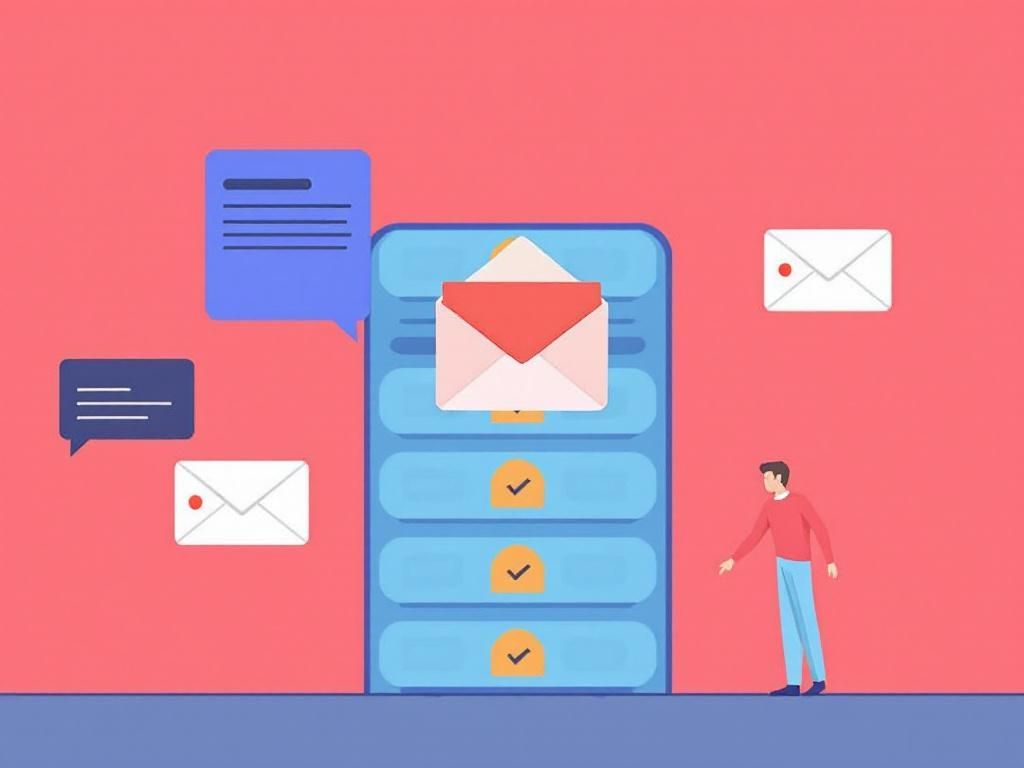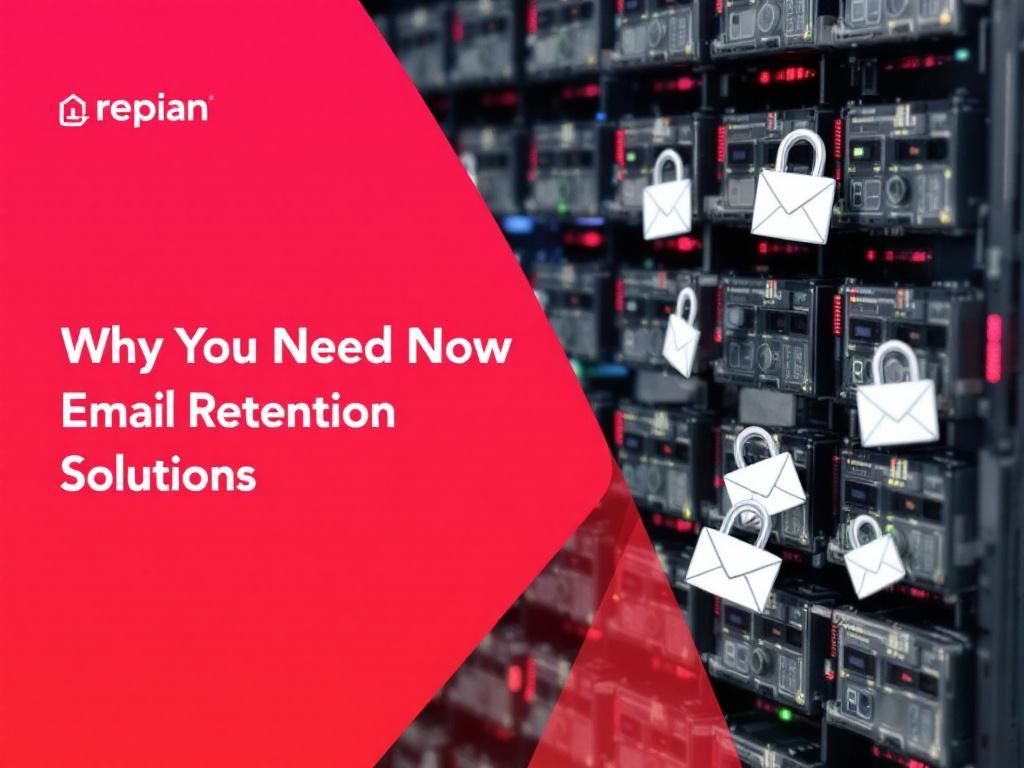Streamline Your Email Archiving Today
Discover effective strategies to enhance your email archiving process, ensuring easy access and improved organization for your business.

Email communication has become a cornerstone of professional and personal interaction. As organizations grow and accumulate more correspondence, the need for efficient email archiving systems becomes paramount. Streamlining your email archiving process ensures that you can retrieve important information quickly and maintain compliance with data regulations. In this article, we explore the best practices, tools, and strategies for optimizing your email archiving operations.
Streamlining your email archiving is essential for enhancing productivity and ensuring important communications are always within reach. By implementing efficient archiving solutions, you can easily manage your emails and free up valuable storage space. To further enhance your branding, learn how to use logo mockups effectively.
Table of Contents
The Importance of Email Archiving
Email archiving serves several critical functions, including:
- Compliance: Many industries are subject to regulations that require strict data retention policies.
- Efficiency: A well-organized email archive allows for quick retrieval of messages and attachments.
- Storage Management: Archiving helps manage storage limits by moving old emails to a separate location.
- Legal Protection: In case of disputes, having a thorough email archive can provide necessary evidence.
Choosing the Right Archiving Solution
When considering an email archiving solution, keep the following criteria in mind:
Scalability
Your chosen system should grow alongside your organization. Look for solutions that can handle increasing volumes of data without performance degradation.
Searchability
A powerful search functionality is crucial. Users should be able to locate emails quickly using keywords, dates, and other filters.
Security and Compliance
Ensure the archive solution provides robust security measures such as encryption and access controls to protect sensitive information.
Integration
The archiving tool should easily integrate with your existing email platform, whether it’s Microsoft Exchange, Google Workspace, or another provider.
Effective Email Archiving Strategies
Implementing the following strategies can enhance your email archiving process:
1. Set Clear Policies
Establish clear email retention policies that define:
- How long to retain different types of emails
- Who is responsible for archiving
- What happens to archived emails
2. Automate Archiving
Utilize tools that automatically archive emails based on predefined criteria. This ensures that important messages are captured without manual intervention.
3. Regular Audits
Conduct regular audits of your email archives to ensure compliance and to identify unnecessary data that can be purged.
4. Train Employees
Educate your staff about the importance of email archiving and how to use the archiving tools effectively. Make sure they understand:
- How to access archived emails
- Best practices for email management
Top Email Archiving Solutions
Here are some of the leading email archiving solutions available today:
| Solution | Key Features | Target Audience |
|---|---|---|
| Barracuda Message Archiver | Advanced search, compliance support, automated archiving | Medium to large enterprises |
| Gmail Vault | Data retention, eDiscovery, legal hold | Google Workspace users |
| Microsoft 365 Compliance Center | Compliance tools, audit logs, data governance | Microsoft 365 users |
| MailStore Server | High storage capacity, scalable, secure backups | Organizations of all sizes |
Challenges in Email Archiving
While email archiving offers numerous benefits, it also presents challenges that organizations must be aware of:
Storage Limitations
As email volumes increase, storage costs can escalate. Organizations need to plan for scalable storage solutions that can accommodate growth.
Data Privacy Concerns
With stringent data protection regulations, businesses must ensure that their archiving practices comply with laws like GDPR or HIPAA.
Employee Resistance
Staff may resist new archiving practices. Providing training and demonstrating the benefits will help mitigate this issue.
Future Trends in Email Archiving
The email archiving landscape is constantly evolving. Here are some trends to watch:
AI and Machine Learning
Integrating AI can help optimize email classification and data discovery, making the archiving process smarter and more efficient.
Cloud-Based Solutions
Cloud storage continues to gain traction, offering flexibility and scalability for email archiving operations.
Enhanced Security Features
As cyber threats become more sophisticated, expect to see advanced security measures such as AI-based threat detection integrated into archiving solutions.
Conclusion
Streamlining your email archiving process is not only essential for compliance and efficiency but also for securing your organization’s data. By choosing the right solutions, implementing effective strategies, and staying informed about industry trends, you can ensure a robust archiving system that meets your needs. Invest in the future of your email management today and reap the benefits of a well-organized email archive.
FAQ
What is email archiving?
Email archiving is the process of storing and managing email data in a secure and organized manner for long-term retention and retrieval.
Why is email archiving important for businesses?
Email archiving is crucial for businesses to ensure compliance with regulations, protect against data loss, and improve email management efficiency.
How does email archiving improve productivity?
By streamlining email storage and retrieval, email archiving allows employees to find important information quickly, reducing time spent searching through cluttered inboxes.
What features should I look for in an email archiving solution?
Look for features like search functionality, data encryption, compliance support, and integration capabilities with existing email systems.
Can email archiving help with legal compliance?
Yes, email archiving helps organizations meet legal and regulatory requirements by providing a secure way to store and retrieve email records when needed.
Is email archiving suitable for small businesses?
Absolutely! Email archiving solutions are available for businesses of all sizes and can help small businesses manage their email data efficiently.


